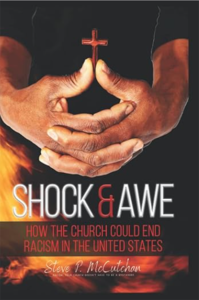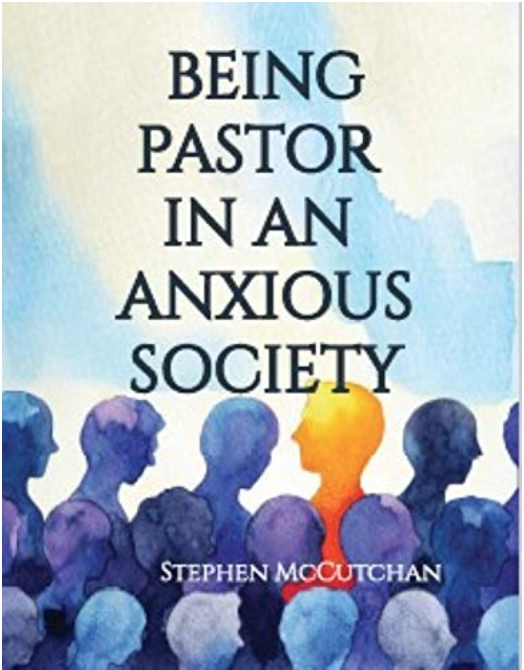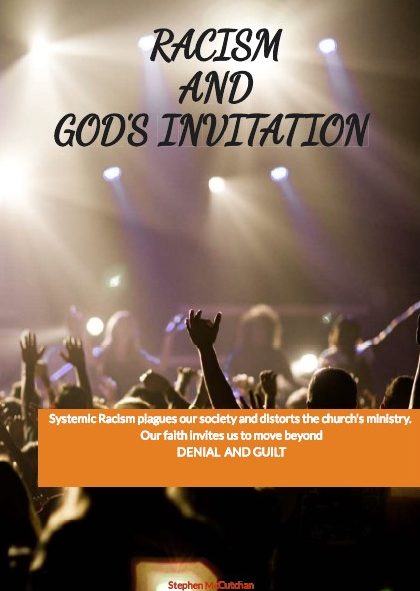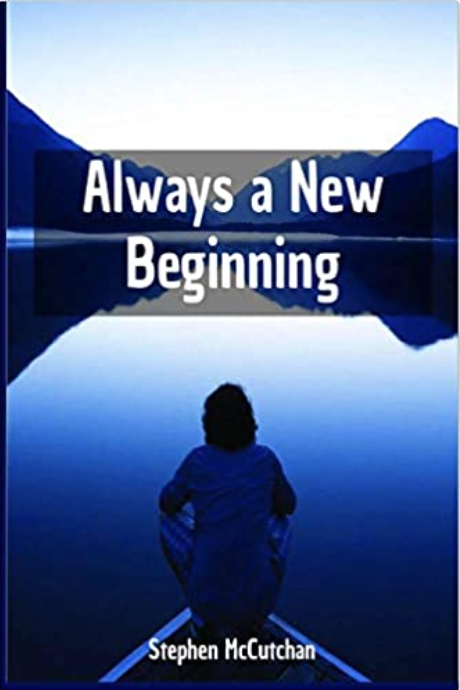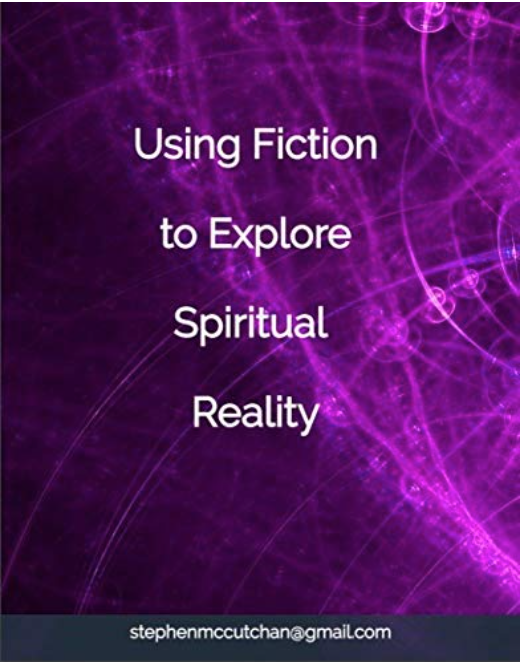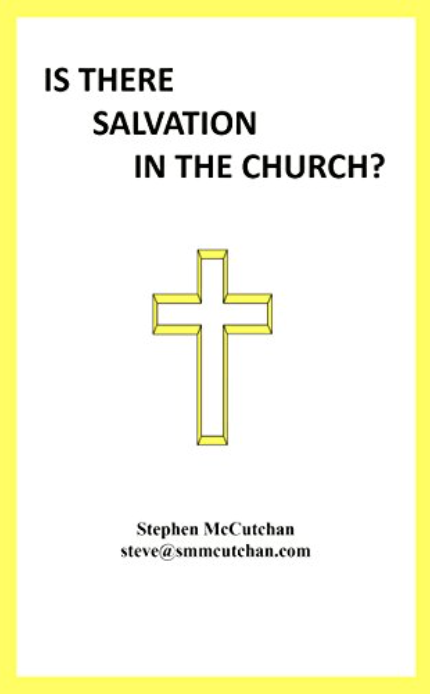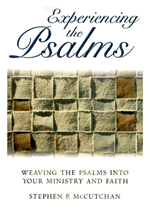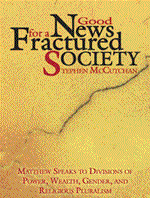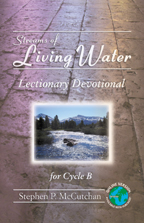AN INVITATION TO TRUST A REDEMPTIVE GOD
Using the cross and the resurrection as our template for how God works in our world, congregations are invited to face the evil of the cross of racism, trusting that God is not defeated by such evil, and to search for ways that God can use even the reality of racism redemptively.
It is important to approach this search for the redemptive power of God with a combination of faith and humility. The Gospels recount that Jesus told his disciples three times that he would be crucified and would be raised from the dead. Despite Jesus having said this, it is clear that the disciples did not understand what this meant. They had to live the truth of the resurrection before they could understand it. We can believe that racism will be used redemptively, but we must live the truth of God’s redemptive power to discover its full meaning.
REPARATIONS
One aspect of God’s reconciling work may involve the issue of reparation. Desmond Tutu, in speaking about the struggle to overcome racism in South Africa, speaks of the challenge of reparations. To “put the past behind us” and act as if an act of confession clears the tables of justice and allows us to “get on with life” is to trivialize the pain of the past.
Part of our painful past is the fact that our constitution clearly states that our ancestors were fully aware of the economic value of slave labor in building a prosperous country. Historically, both Native Americans and African Americans paid a heavy price for the economic prosperity of this country. There is no way that one could calculate the value to African Americans in lives and wealth that racism has cost their ancestors. While there may be efforts to make symbolic economic reparation, as we have done with respect to Native Americans and to the Japanese Americans that we imprisoned during World War II, it would not be feasible to actually restore to a current generation that which has been taken from their ancestors. However, could God use our confession of sins redemptively in raising our awareness as to how to respond to the challenge posed by the new wave of immigration in our country?
PSYCHIC COST OF SLAVERY
There is also no clear way to calculate the psychic cost passed down through generations of African Americans with respect to the heritage of slavery that was imposed on them. The issue of the disproportionate incarceration of African-American males in our society might well be the result of a combination of the current prejudice of courts, police, and others and the historic psychic cost in which victims begin to accept the judgment of the dominant society.
If Black and White congregations were willing to explore that reality together, perhaps another form of reparation might be the focus of energy on the redemption of those who are in prison in our society. It would be a way that the Body of Christ could embody Jesus’ statement about his own ministry, “He has sent me to proclaim release to the captives and recovery of sight to the blind, to let the oppressed go free, to proclaim the year of the Lord’s favor.”
REDEMPTIVE THEOLOGY
Let us consider our current situation from the perspective of what can be called Redemptive Theology. To understand Redemptive Theology, we begin with the cross. As Paul said, “For I decided to know nothing among you except Jesus Christ and him crucified.”[xv] It is with the cross that the question was answered decisively. The cross revealed the total depravity of humanity while at the same time revealing God’s saving response to evil. Recall the story of the incarnation in its most basic narrative form. In the birth of Christ, we experienced Emmanuel or God with us. This was God’s son who was sent into the world because God loved the world that God had created and called it good. The cross and the events that led to it were the response of the world to the goodness of God. The cross was a Roman form of execution in order to deter people from disobeying Roman law. It demonstrated Rome’s absolute control politically. It also was a cruel, slow, humiliating form of death that was intended to make people fearful of breaking the law. In the story, we see displayed before us the worst insult that humanity could hurl at God. What would be God’s response to the total rejection of God’s goodness by humanity?
EXCERPT FROM RACISM AND GOD’S INVITATION
TO BE CONTINUED








